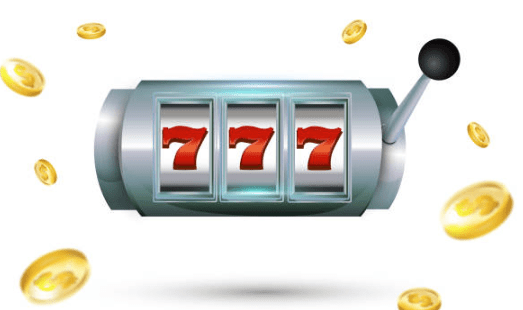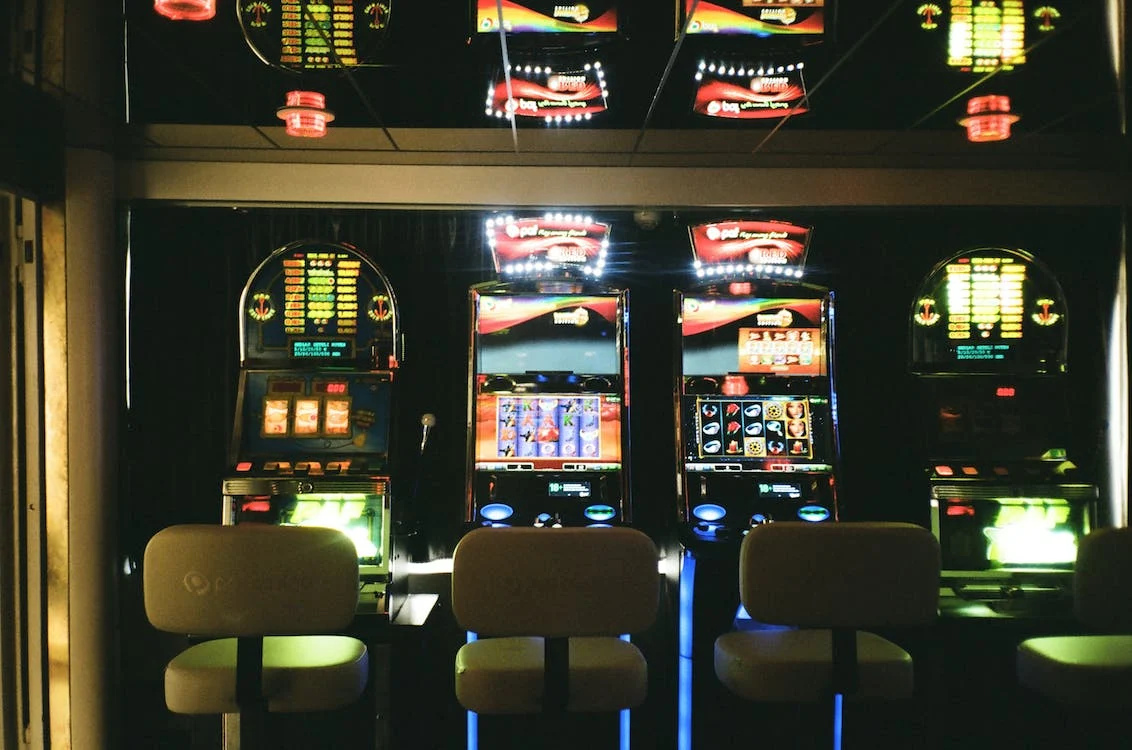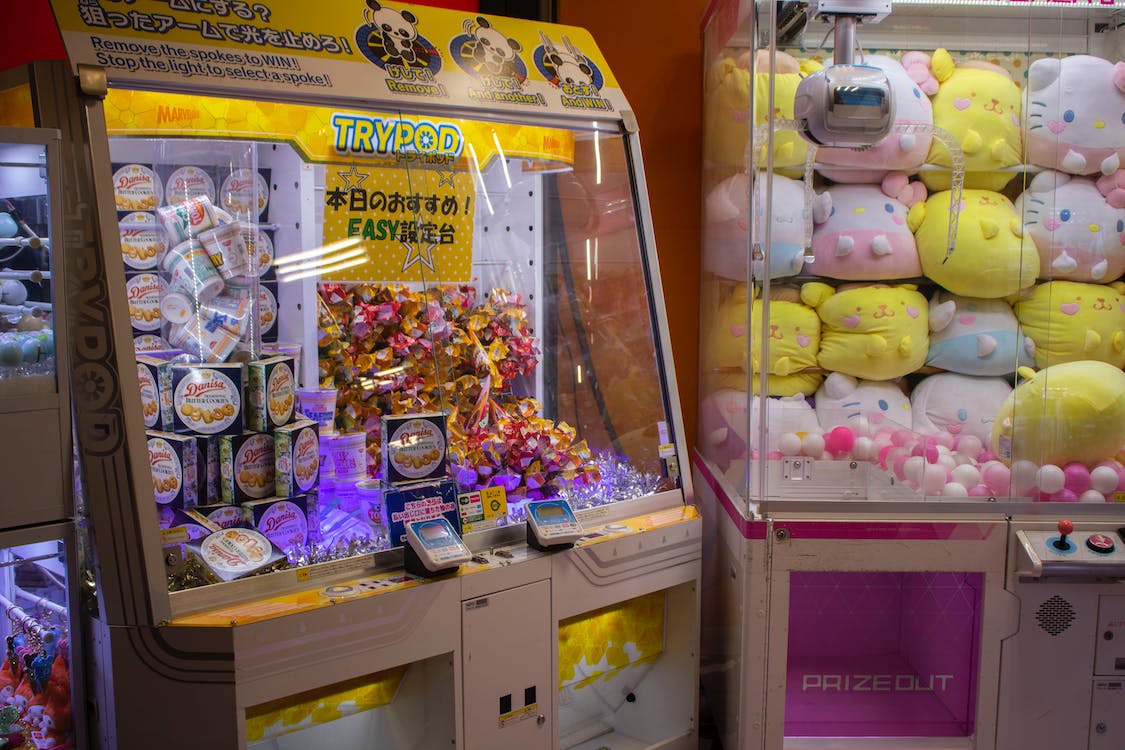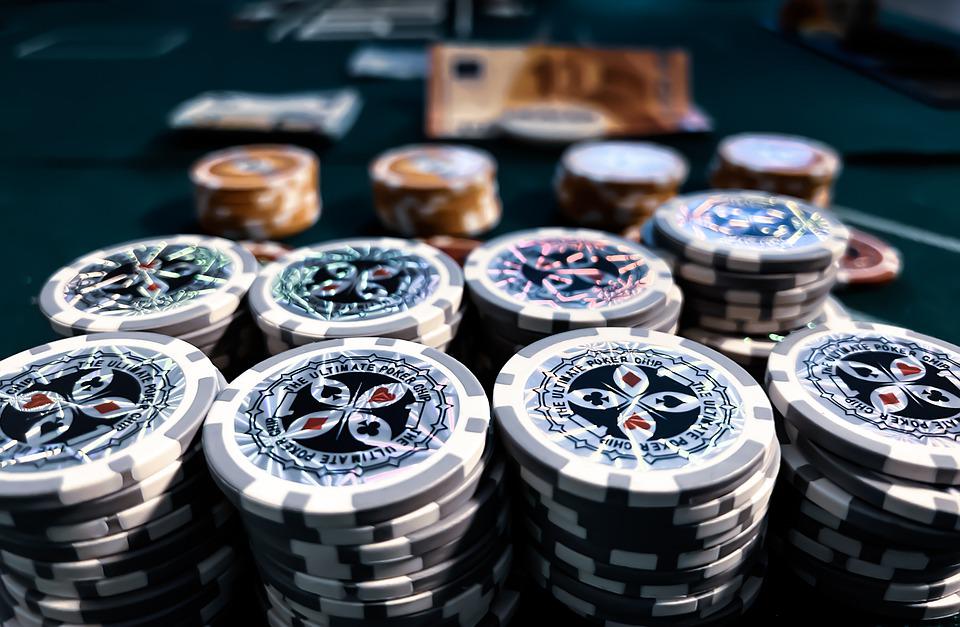Slot Games and Virtual Economies: Understanding In-Game Currencies

In the digital age, the intersection of gambling and gaming has become more pronounced, with virtual economies playing a pivotal role in how players engage with games. Slot games, a staple of the casino industry, have evolved to incorporate elements of in-game currencies, creating a unique blend of entertainment and economics. Understanding in-game currencies within the context of slot games sheds light on the complexities and opportunities presented by this fusion.
The Evolution of Slot Games
Slot games have a long history, dating back to the late 19th century when the first mechanical slot machine, the Liberty Bell, was invented. These early games were simple, with physical reels and a limited number of symbols. As technology advanced, so did slot games. The transition from mechanical to electronic slot games in the 20th century allowed for more complex gameplay featuring multiple paylines and diverse themes.
The Role of Virtual Economies in Gaming
Virtual economies refer to the economic systems within video games where players can earn, spend, and trade in-game currencies. These economies have become a fundamental aspect of many games, especially in the realm of online and mobile gaming. Virtual currencies can be earned through gameplay, purchased with real money, or obtained through special promotions and events.
In the context of slot games, virtual economies are integrated to enhance player engagement and retention. Players are often awarded virtual coins or credits, which they can use to play the slots. These virtual currencies simulate the experience of gambling without the immediate financial risk, making the games more accessible to a broader audience.
Types of In-Game Currencies
In-game currencies in slot gacor hari ini games can be categorised into several types, each serving a distinct purpose within the game's economy:
Free-to-Earn Currencies
These are the basic virtual currencies that players can earn through regular gameplay. For instance, players might receive a daily bonus of virtual coins or earn credits by completing specific in-game tasks. Free-to-earn currencies encourage continuous engagement, as players need to log in and play regularly to accumulate them.
Premium Currencies
Premium currencies are typically harder to obtain and often require real money to purchase. These currencies can unlock exclusive features, such as special slot games, enhanced bonuses, or faster progression. By introducing premium currencies, game developers create a revenue stream while providing players with a sense of value and exclusivity.
Event-Specific Currencies
These currencies are tied to limited-time events or promotions. For example, during a holiday event, players might collect unique tokens that can be exchanged for exclusive in-game items or bonuses. Event-specific currencies create a sense of urgency and excitement, motivating players to participate actively during the event period.
The Impact of Virtual Economies on Player Behavior
The integration of virtual economies into slot games has a profound impact on player behaviour. The presence of in-game currencies influences how players approach the game, often encouraging longer play sessions and increased spending. Several key factors contribute to this impact:
Gamification and Rewards
Gamification elements, such as daily login bonuses, achievements, and leaderboards, leverage virtual currencies to reward players for their engagement. These rewards create a positive feedback loop, where players feel a sense of accomplishment and are motivated to continue playing to earn more rewards.
Microtransactions and Monetization
The inclusion of premium currencies and microtransactions introduces a monetisation strategy that benefits both players and developers. Players can choose to enhance their gaming experience by purchasing virtual currencies, while developers generate revenue to support ongoing game development and updates.
Conclusion
The integration of virtual economies into slot games represents a fascinating convergence of gambling and gaming. In-game currencies enhance player engagement, create new revenue streams, and add layers of excitement to the gaming experience. However, developers must prioritise responsible gaming practices to ensure that players can enjoy these virtual economies in a safe and balanced manner. As technology continues to evolve, the relationship between slot games and virtual economies will undoubtedly grow, offering new opportunities and challenges for the gaming industry.




